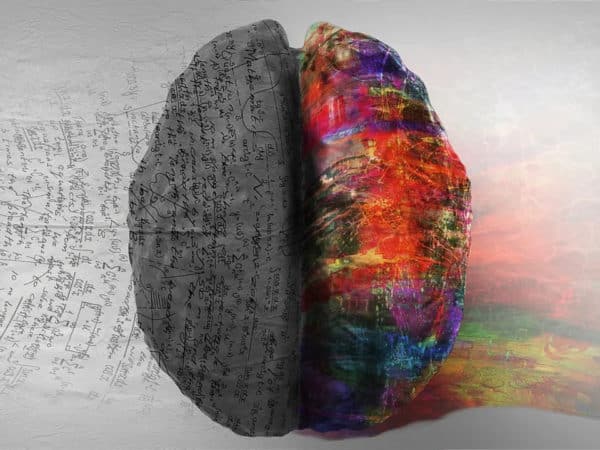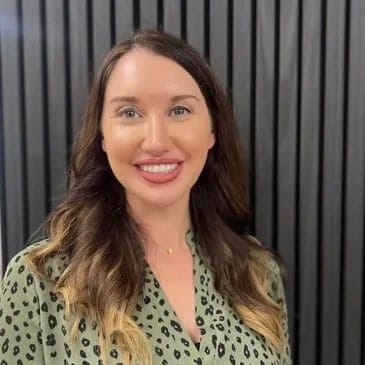Thoroughbred Wellness and Recovery
Mental Health Facilities in GA
THE UNBRIDLED EXPERIENCE
We are standing by ready to help. Please take the first step on your new journey and contact us. All communications will be confidential and discreet.
Find Out More
Mental Health Facilities in GA
What is Mental Illness?
Mental illness is an umbrella term that references a variety of mental health disorders. These conditions impact an individual’s way of thinking, their behavior, their mood, and their overall capacity to function in daily life. Mental illness varies in severity and can significantly affect the way a person interacts socially and handles stress/trauma.
Mental health disorders can be influenced by a combination of psychological, biological, environmental, and genetic factors. In the majority of cases, mental illness requires professional intervention. Medication, a variety of therapies, lifestyle changes, and a strong support network may be utilized in treatment. When properly addressed, individuals battling mental illness are able to lead healthy, productive lives.
Types of Mental Health Treatment We Provide

How Do I Know I Need Mental Health Treatment?
Our Georgia Mental Health Treatment Options
After completing IOP, many clients need continuing aftercare treatment and guidance as they resume everyday life in recovery. For instance, they could still have lingering personal issues or mental health symptoms that don’t require a highly structured program like PHP or IOP.
Because of this, we have a regular outpatient program (OP) that offers one individual therapy session per week. Additionally, clients in OP can chose to participate in two group sessions per week for a total of three to four hours of treatment. Each of these sessions must occur on different days of the week.

How We Treat Mental Health Disorders
Benefits of Holistic Therapy and Equine Therapy for Mental Health Disorders
Our center believes in treating every facet of a person. This includes caring for their emotional, behavioral, and physical health. Holistic therapy allows individuals to heal through calming alternative practices, such as yoga and mindfulness. These strategies allow a person to improve how they cope with triggers and to reduce stress in a positive way.
Equine-assisted therapy is a specialized form of holistic therapy that centers on the use of horses during treatment. In this type of therapy, clients are able to bond with, care for, and lead horses. This practice is incredibly beneficial as caring for another living thing helps clients foster a sense of responsibility, understand the importance of self-care, gain confidence, garner empathy, and cultivate a sense of trust in both themselves and others. A reputably calm animal, horses can profoundly aid in a person’s healing journey.
Is Mental Health Treatment Effective?
The most effective way for an individual to improve their mental health is to seek professional treatment. Through a combination of therapy and medication, individuals can learn vital coping mechanisms, reduce their symptoms, improve their reactions to stress, and address their trauma. Additionally, group therapy and peer involvement can greatly improve their social skills while building a solid support network. Family therapy also allows individuals to improve communication with their loved ones so that they can get the support they need at home.
For those with co-occurring disorders, it is most effective to receive mental health and addiction treatment at the same time. This way, issues can be addressed at the source, and a foundation for lasting recovery can be established. Clients can then complete treatment not only sober but with improved mental and emotional health.

Find Mental Health Facilities in GA Today
Create A New Life, Reimagined
- 1501 Johnson Ferry Road Northeast Suite 225, Marietta, Georgia 30062, United States
- info@thoroughbredbhc.com
- 770-564-4856





